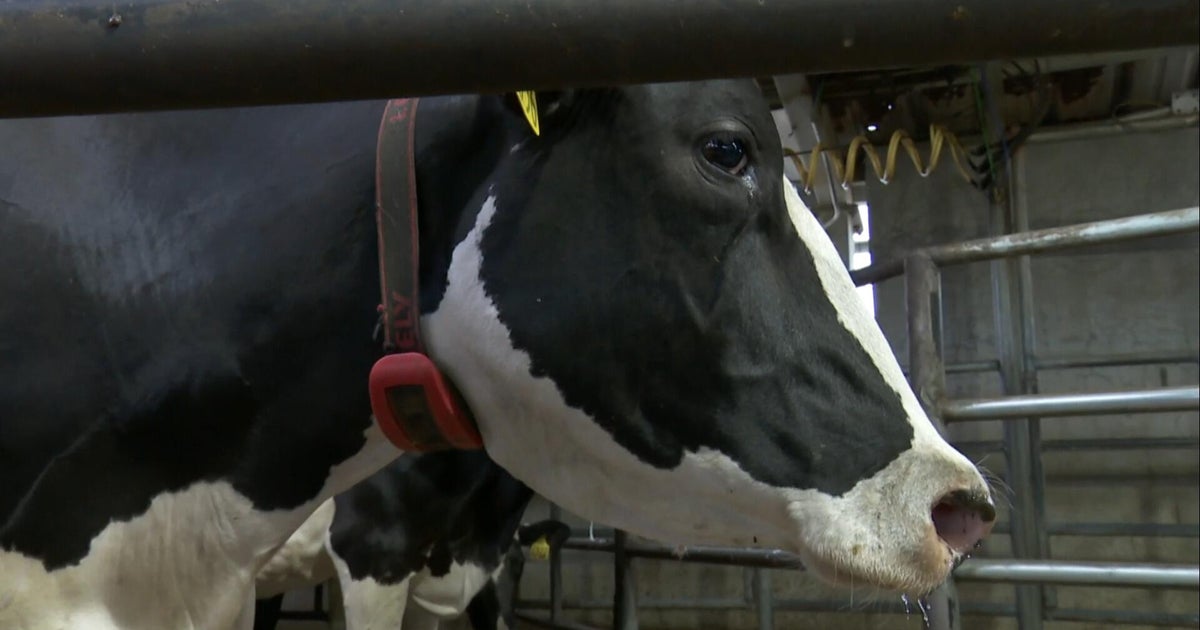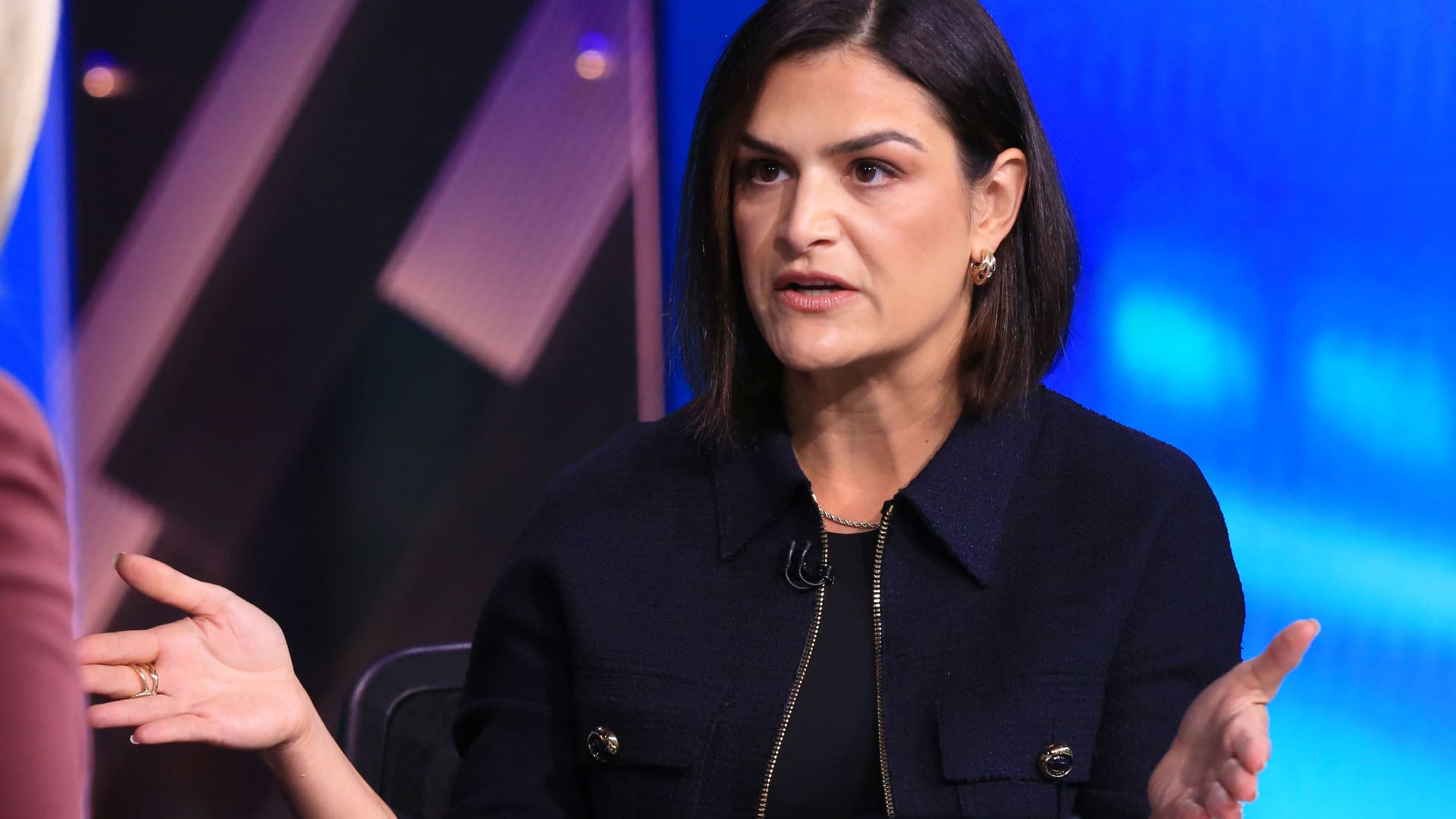A new study found six varieties of these juicy gems correlated with a delicious improvement to “sleep duration and sleep difficulty.”
Research has shown that a significant percentage of Americans are running short on good sleep—and from melatonin to magnesium and weighted blankets, we’ll try a good scientific recommendation to help fall asleep faster and stay there longer. Now, new research suggests a better night’s sleep could be as simple as incorporating more of a specific type of fruit into your regular diet.
A new Penn State University study published December 15, 2023 in the peer-reviewed journal Nutrients focused on the potential sleep benefits of berries. The team of researchers, specializing in sleep science, nutrition and public health, noted previous findings “that 35–50% of adults suffer transient or chronic insomnia.”
The researchers theorized that because berries contain antioxidants, micronutrients, and melatonin, which is a hormone the body synthesizes to bring on sleep, eating more berries could lead to faster and longer periods of nighttime snooze time.
To investigate the impact of berries on sleep, they analyzed 14 years of data from the National Health and Nutrition Examination Survey (NHANES), a national health metrics database, to determine whether a berry-rich diet was associated with better sleep. The study involved nearly 30,000 participants aged 20 or older in the U.S.
The berries the science examined were the following:
strawberries
blueberries
cranberries
raspberries
blackberries
The study examined the participants’ reported sleep problems and the duration of their sleep. Poor sleep was defined as less than six hours, or more than nine hours of sleep per night, in addition to any reported sleep difficulties. The researchers also reviewed the participants’ self-reported food diaries from two different days to assess their berry consumption habits.
Overall, almost half—that is, 46%—of the participants reported sleep duration issues, while 27% experienced various sleep difficulties.
Approximately 20% of participants regularly ate berries. Of those berry eaters, 10-% to 17% experienced a lower rate of short sleep (less than six hours per night).
Those who enjoyed adequate sleep and consumed berries tended to include various types of berries in their diet, suggesting that any type of berry could be a beneficial addition for individuals not getting enough sleep. However, blackberry consumers alone seemed to experience some relief from sleep difficulties, such as difficulty falling asleep and insomnia-related issues.
Conversely, berry consumption did not appear to impact those who overslept.
While berries appeared to help individuals with shorter sleep durations sleep longer, they were likely not the sole contributing factor. The researchers noted that individuals who incorporated berries into their diets tended to have some traits in common, such as being well educated with greater income. On average, berry-eaters also reported lower alcohol and coffee consumption and were less likely to smoke—all lifestyle choices scientifically shown to support healthy sleep.
It’s worth recognizing that, as the US Department of Agriculture notes, berries can be relatively expensive, which may pose challenges for those on a budget. Experts suggest purchasing frozen berries can be a more cost-effective option.
Although the link between berry consumption and improved sleep duration remained after adjusting for socioeconomic status and other factors, the researchers acknowledged that self-reported sleep and dietary recall could introduce some bias into the study. Therefore, further research into the relationship between berries and sleep is warranted.
Additionally, the study did not determine an optimal berry intake for better sleep. Still, if you find it challenging to achieve the recommended seven to nine hours of sleep each night, incorporating a daily half-cup of berries—even in the form of frozen berries—could serve as a healthy starting point. If insomnia plagues you, blackberries might be the first pick worth trying.







